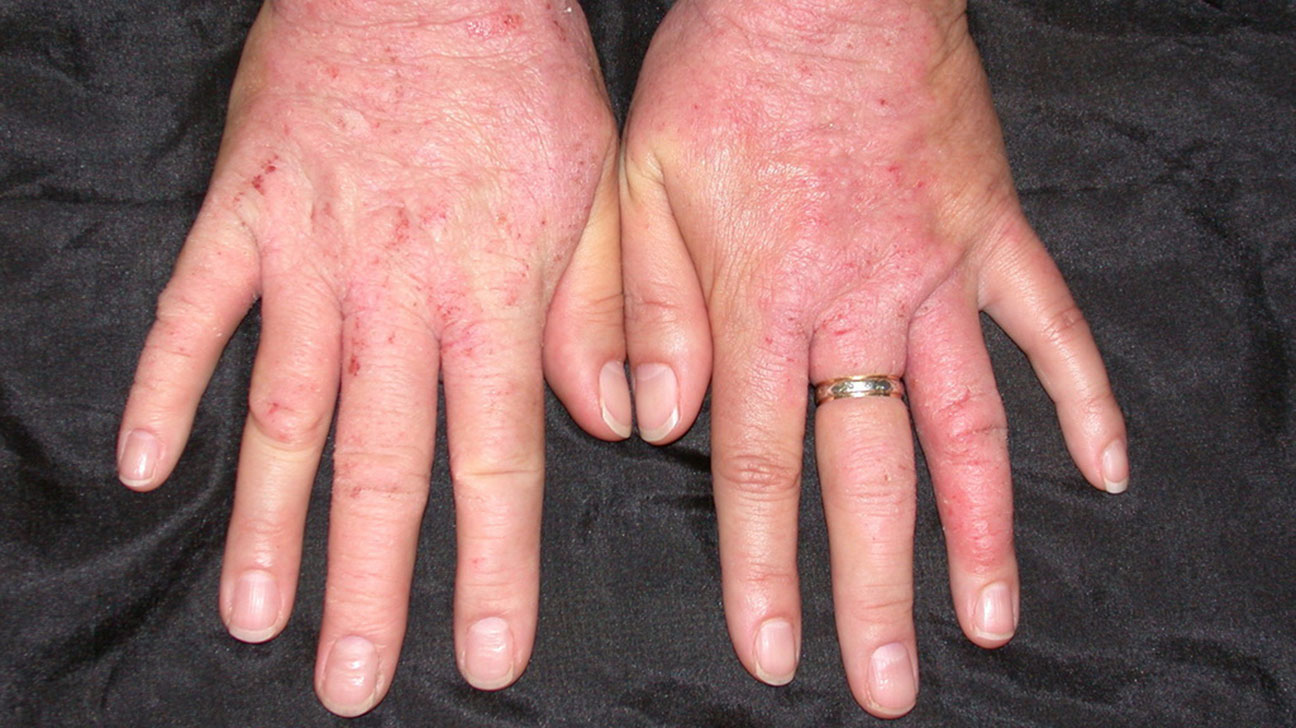If you have ever experienced a rash, hives, or difficulty breathing after coming into contact with latex, you may have a latex allergy. This type of allergy is becoming increasingly common, especially among individuals who regularly use latex products or have had multiple surgeries. In this article, we will discuss the symptoms, causes, diagnosis, and treatment of latex allergy to help you better understand this condition.Latex Allergy: Symptoms, Causes, Diagnosis, and Treatment
Latex is a natural rubber material that is used in a variety of products such as gloves, balloons, and even some mattresses. For some people, exposure to latex can trigger an allergic reaction. This is because latex contains proteins that can cause the body's immune system to overreact and produce antibodies, leading to an allergic response. Common symptoms of latex allergy include itching, rash, hives, runny nose, and difficulty breathing. In severe cases, it can also cause anaphylaxis, a life-threatening allergic reaction. If you experience any of these symptoms after coming into contact with latex, it is important to seek medical attention immediately.Latex Allergy: Causes, Symptoms, and Treatment
One question that many people have is whether or not they can be allergic to a latex mattress. The short answer is yes, it is possible to be allergic to a latex mattress. However, it is important to note that not all latex mattresses are created equal. Some are made from natural latex, while others are made from synthetic latex or a blend of both. If you have a latex allergy, it is best to avoid natural latex mattresses and opt for a synthetic or blended latex mattress instead. You can also look for mattresses that are labeled as hypoallergenic or latex-free.Can You Be Allergic to a Latex Mattress?
As mentioned earlier, exposure to latex is the main cause of latex allergy. However, there are certain risk factors that can increase your chances of developing this allergy. These include a history of multiple surgeries, a family history of allergies, and regular use of latex products such as gloves or condoms. If you suspect that you have a latex allergy, your doctor may recommend a skin prick test or a blood test to confirm the diagnosis. These tests can help identify the specific proteins in latex that you are allergic to and determine the severity of your allergy. Unfortunately, there is no cure for latex allergy. The best way to manage this condition is to avoid exposure to latex as much as possible. This may involve using alternative products, such as vinyl or nitrile gloves, and informing your healthcare providers about your allergy before any medical procedures.Latex Allergy: Causes, Symptoms, and Treatment
Aside from avoiding latex, there are a few things you can do to help alleviate your symptoms if you do come into contact with it. For mild reactions, over-the-counter antihistamines or topical corticosteroids can help relieve itching and rash. In more severe cases, your doctor may prescribe an epinephrine auto-injector to carry with you in case of anaphylaxis. It is also important to note that latex allergy can be managed by making some changes in your lifestyle. For instance, if you have a latex allergy, you may want to avoid certain types of fruits and vegetables, such as bananas, avocados, and kiwis, which contain similar proteins to latex and can trigger an allergic reaction.Latex Allergy: Causes, Symptoms, and Diagnosis
Another way to manage latex allergy is to educate yourself and those around you about the condition. By raising awareness, you can help prevent future exposure and potentially save someone's life. You can also join support groups or online communities to connect with others who have latex allergy and share tips and advice on managing the condition. If you have a severe allergy, it may also be helpful to wear a medical alert bracelet or carry a card that notifies emergency responders about your allergy. This can ensure that you receive the proper treatment in case of an emergency.Latex Allergy: Causes, Symptoms, and Management
Prevention is key when it comes to latex allergy. Avoiding contact with latex as much as possible is the best way to prevent an allergic reaction. This means using alternative products, such as vinyl or nitrile gloves, and informing your healthcare providers about your allergy before any medical procedures. If you work in an environment where latex exposure is unavoidable, make sure to take precautions such as wearing non-latex gloves and washing your hands thoroughly after coming into contact with latex products.Latex Allergy: Causes, Symptoms, and Prevention
Living with a latex allergy can be challenging, but there are coping strategies that can help make it easier. First and foremost, always be prepared for an allergic reaction by carrying any necessary medication with you at all times. Additionally, try to reduce stress in your life as stress can worsen allergic reactions. You can also try to boost your immune system by eating a healthy diet, exercising regularly, and getting enough rest. This can help reduce the severity of your symptoms and make it easier for your body to fight off allergic reactions.Latex Allergy: Causes, Symptoms, and Coping Strategies
While anyone can develop a latex allergy, there are certain risk factors that can increase your chances. If you have a family history of allergies, it is important to be aware of the signs and symptoms of latex allergy and take precautions to avoid exposure. Similarly, if you regularly use latex products or have had multiple surgeries, you may be at a higher risk for developing this allergy. If you suspect that you have a latex allergy, it is important to speak with your doctor and get a proper diagnosis. With the right management and precautions, you can live a healthy and allergy-free life. Latex Allergy: Causes, Symptoms, and Risk Factors
The Benefits of Choosing a Latex Mattress

What is a Latex Mattress?
 When it comes to choosing a mattress, there are many options available on the market. One type of mattress that has gained popularity in recent years is the latex mattress. Made from the sap of rubber trees, latex mattresses are known for their durability and comfort. They are also hypoallergenic, making them a great option for those with allergies. However, some people may wonder, "Can you be allergic to a latex mattress?" Let's take a closer look at this question and explore the benefits of choosing a latex mattress.
When it comes to choosing a mattress, there are many options available on the market. One type of mattress that has gained popularity in recent years is the latex mattress. Made from the sap of rubber trees, latex mattresses are known for their durability and comfort. They are also hypoallergenic, making them a great option for those with allergies. However, some people may wonder, "Can you be allergic to a latex mattress?" Let's take a closer look at this question and explore the benefits of choosing a latex mattress.
The Truth about Latex Allergies
 First and foremost, it's important to understand that
latex allergies are rare
. In fact, according to the American Latex Allergy Association, only 1% of the general population is allergic to latex. This means that the vast majority of people can safely use latex products, including mattresses, without any issues.
First and foremost, it's important to understand that
latex allergies are rare
. In fact, according to the American Latex Allergy Association, only 1% of the general population is allergic to latex. This means that the vast majority of people can safely use latex products, including mattresses, without any issues.
Why Choose a Latex Mattress?
 Now that we've established that latex allergies are uncommon, let's dive into the many benefits of choosing a latex mattress. First and foremost, latex mattresses are
extremely durable
. They can last up to 20 years, making them a great investment for your long-term health and sleep quality. Additionally, latex mattresses are
eco-friendly
as they are made from natural materials and are biodegradable.
Not only are latex mattresses long-lasting and environmentally friendly, but they also provide
support and comfort
. Latex is a responsive material that conforms to your body shape, providing pressure relief and promoting proper spinal alignment. This can help alleviate any aches and pains you may experience from sleeping on an unsupportive mattress.
Now that we've established that latex allergies are uncommon, let's dive into the many benefits of choosing a latex mattress. First and foremost, latex mattresses are
extremely durable
. They can last up to 20 years, making them a great investment for your long-term health and sleep quality. Additionally, latex mattresses are
eco-friendly
as they are made from natural materials and are biodegradable.
Not only are latex mattresses long-lasting and environmentally friendly, but they also provide
support and comfort
. Latex is a responsive material that conforms to your body shape, providing pressure relief and promoting proper spinal alignment. This can help alleviate any aches and pains you may experience from sleeping on an unsupportive mattress.
The Hypoallergenic Properties of Latex Mattresses
 As mentioned earlier, latex mattresses are hypoallergenic, making them a great option for those with allergies. This is because the manufacturing process of latex mattresses removes most of the proteins that can trigger a latex allergy. Additionally, latex mattresses are
resistant to dust mites, mold, and mildew
, making them a great choice for people with respiratory issues.
As mentioned earlier, latex mattresses are hypoallergenic, making them a great option for those with allergies. This is because the manufacturing process of latex mattresses removes most of the proteins that can trigger a latex allergy. Additionally, latex mattresses are
resistant to dust mites, mold, and mildew
, making them a great choice for people with respiratory issues.
Final Thoughts
 In conclusion, latex mattresses offer many benefits and are a great option for those looking for a comfortable and supportive sleep surface. While latex allergies are rare, it's always important to consult with your doctor if you have any concerns. But for the majority of people, a latex mattress can provide a restful and allergen-free night's sleep. So when shopping for your next mattress, consider the many benefits of choosing a latex mattress.
In conclusion, latex mattresses offer many benefits and are a great option for those looking for a comfortable and supportive sleep surface. While latex allergies are rare, it's always important to consult with your doctor if you have any concerns. But for the majority of people, a latex mattress can provide a restful and allergen-free night's sleep. So when shopping for your next mattress, consider the many benefits of choosing a latex mattress.

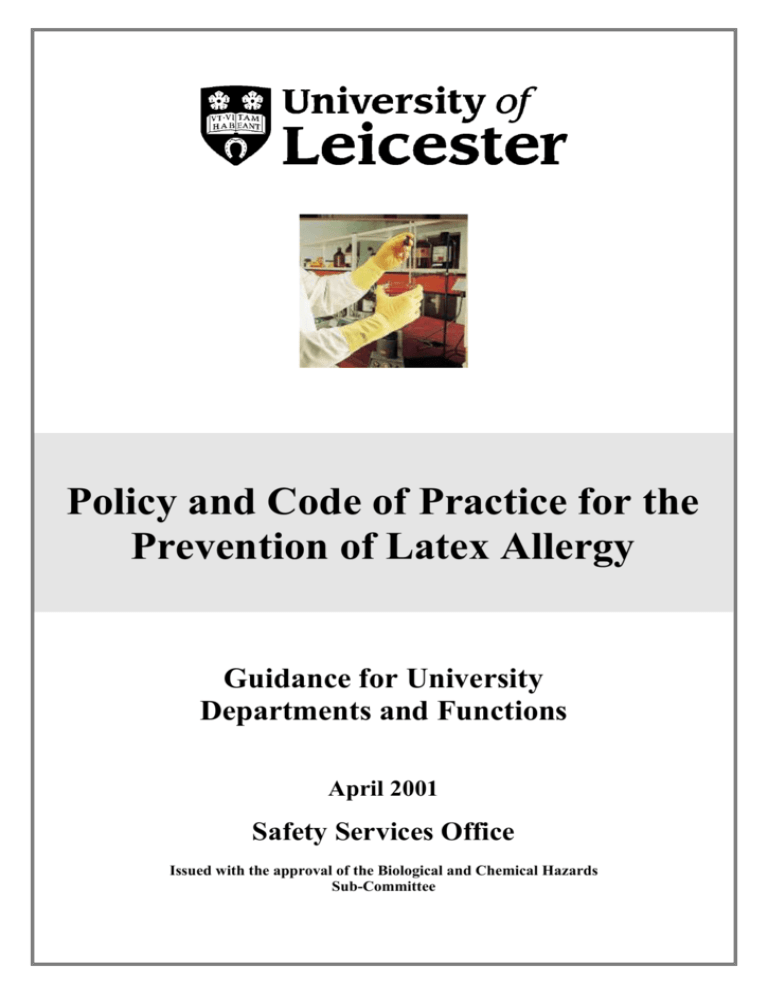
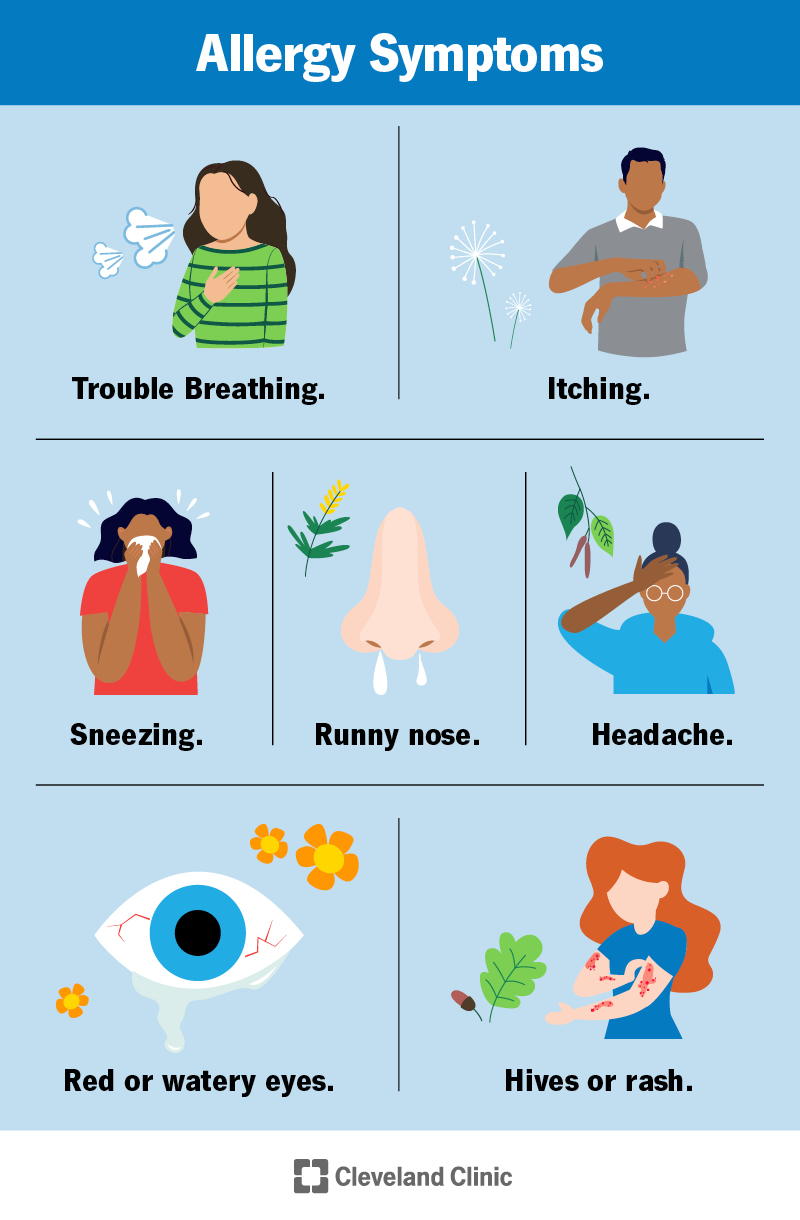
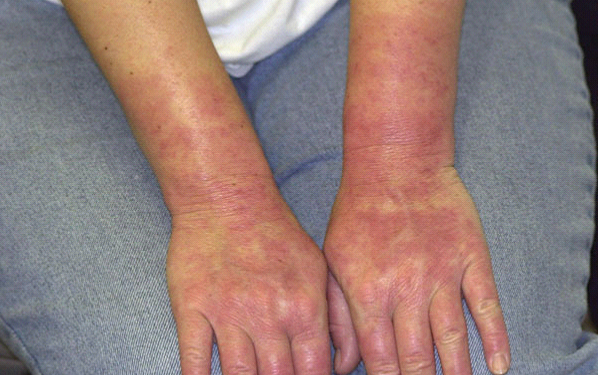












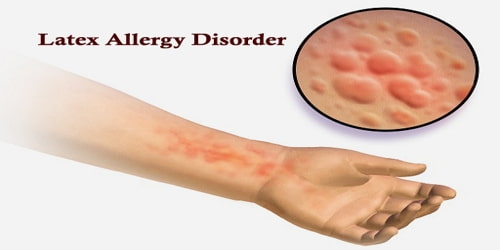










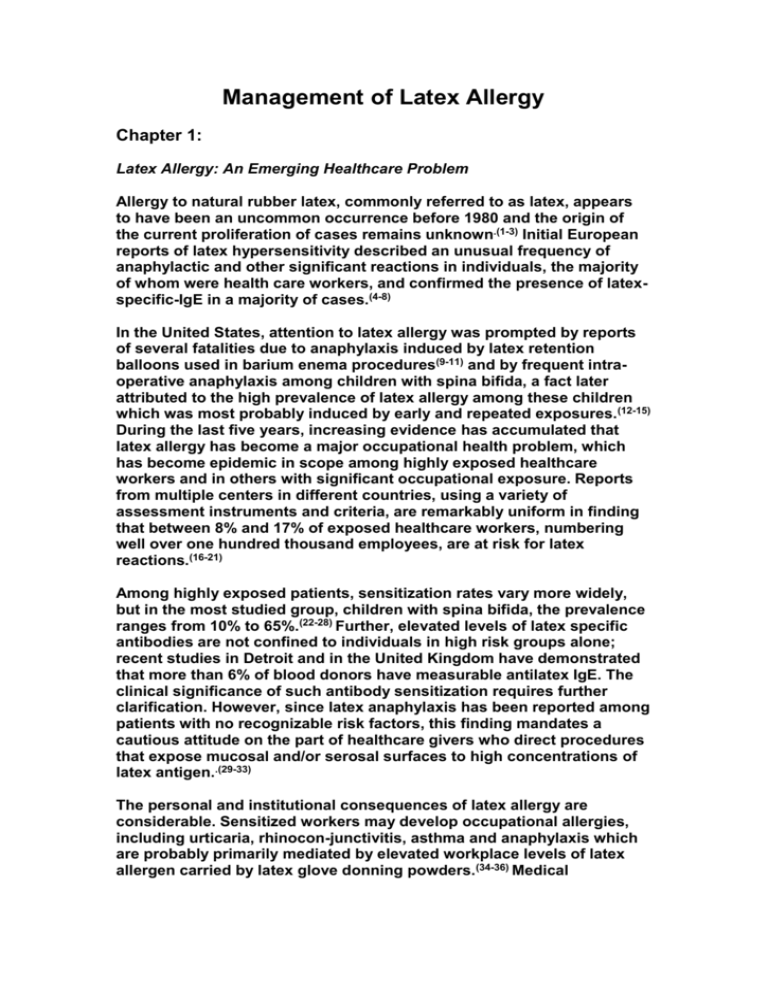







_Final.jpg?MOD=AJPERES&CACHEID=ROOTWORKSPACE.Z18_6IH81240MO2M00A9420PHQ3004-05e77d52-2f4b-44c2-82d8-50bccf43cc29-nBxAgF6)
